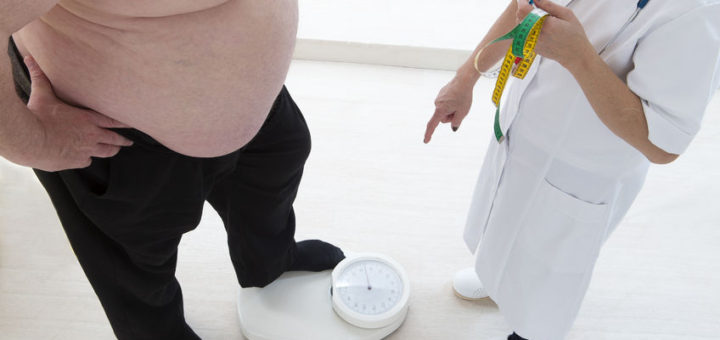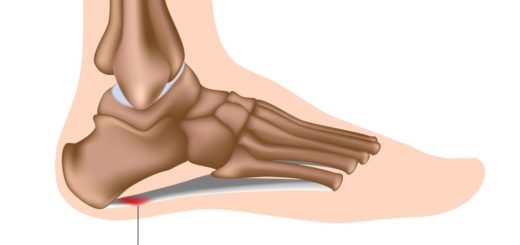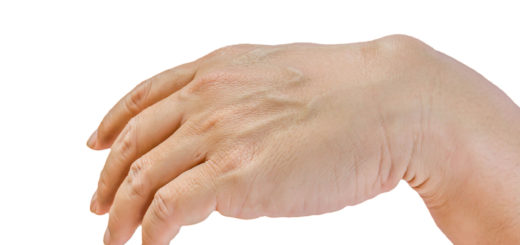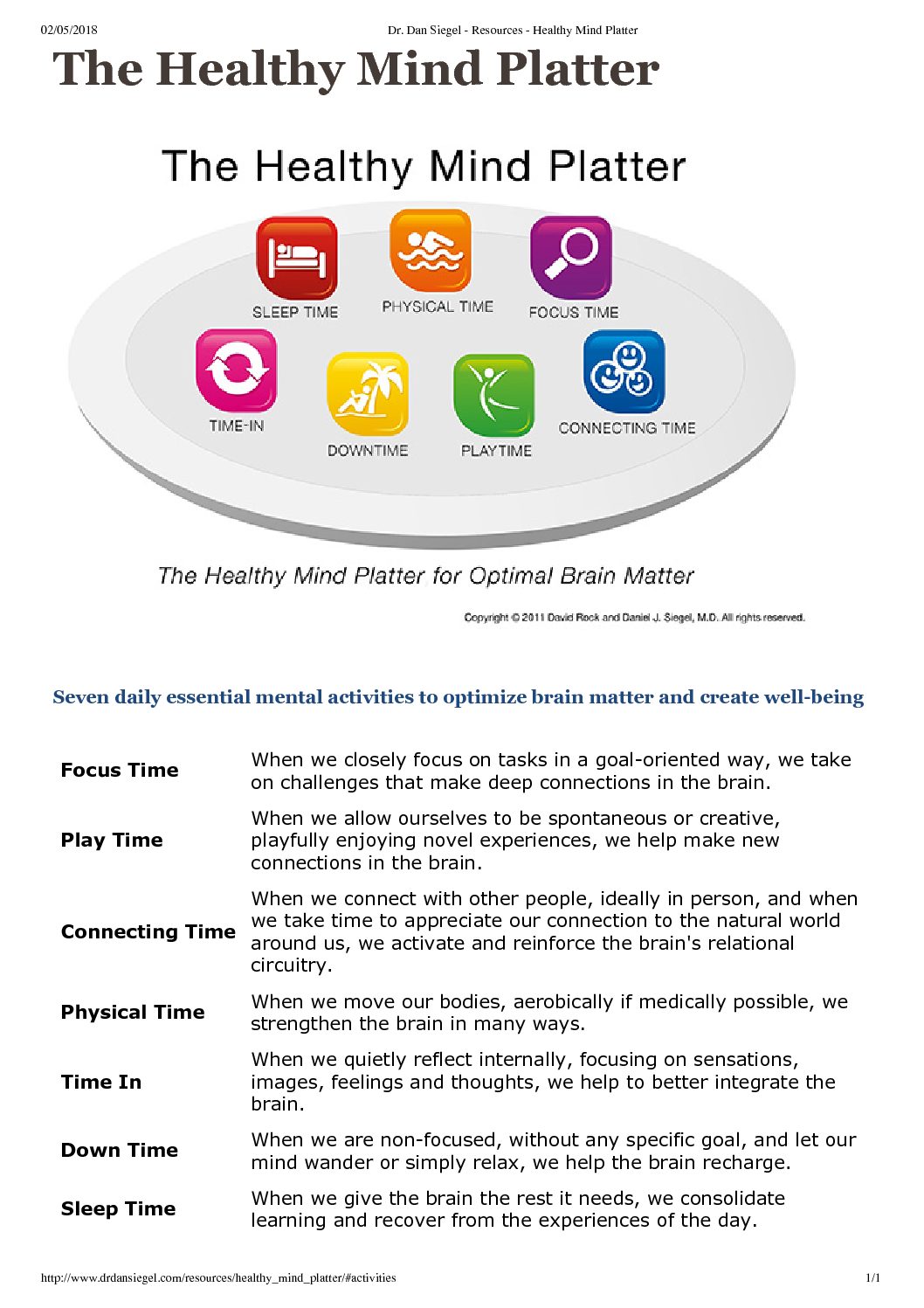Why Doctors Shouldn’t Tell You To ‘Lose Weight’ – and What To Do Instead [opinion]

In my opinion (as a GP) telling someone to lose weight is unhelpful, albeit well-meaning advice. It’s non-specific, unrealistic and ultimately harmful. I’d like to start a conversation on how as a profession and a society we could re-think our attitude and approach towards the ‘obesity crisis’.
Dieting promotes unhealthy relationships with food teaching us to ignore our body’s self-regulatory hunger and fullness signals. Studies show that restrictive dieting doesn’t work in the long-term. More often, rebound weight gain occurs frequently plus a little extra. This often starts a cycle of repeated weight gain and weight loss attempts termed ‘yo-yo dieting’ (or ‘weight cycling’) which may be harmful in it’s own right. Moreover, repeated ‘dietary failures’ become compounded by unrealistic expectations and societal pressures leading us to eventually give up on our health, develop unhelpful attitudes towards food and our bodies, and in the worst-case, eating disorders.
‘Weight’ isn’t the most important indicator of health. People who are fit, enjoy half the mortality of their unfit counterparts regardless of BMI (body mass index). I acknowledge there is still some debate around the concept of metabolically healthy obesity (MHO) but it’s clear that ‘fat and fit’ is healthier than ‘fat and unfit’. Even if ‘slim and fit’ is the best health position, for many reasons this simply isn’t a realistic goal for everyone. I’m not arguing we couldn’t do more on a societal and individual level to eat less nutritionally-deplete food and move more, but few people consider that there are many yet-to-be-determined factors that contribute to body shape. For example, the study of epigenetics (such as the effects of the Dutch Famine) has taught us that environmental factors before we are even conceived can influence body shape one or two generations later. Also, the composition of our gut bacteria (our ‘microbiome’) may influence our propensity to store extra fat. Regardless of the mechanism, we all live in different body shapes and sizes due to many factors beyond our control, so stigma, blame and guilt have no place in the ‘obesity’ discussion.
So, if not dieting, then what? Taking body shape out of the argument, the reality is many of us don’t choose to prioritise our health over other aspects of our busy lives. The rate of chronic ‘lifestyle related’ disease is on the rise so there is room for improvement.
Perhaps there’s a better way than dieting, eating on ‘auto-pilot’, and surrounding food with guilt and shame, thereby encouraging unhealthy eating habits and unhelpful attitudes towards our bodies. Making a point to slow down, savour, enjoy and share food could facilitate reconnecting with our body’s hunger and fullness signals and promote self-regulation of what and how much we choose to eat.
For many reasons dieting and punitive approaches towards our health don’t work. For example, the attention when dieting is on what we’re missing. Perhaps a positive approach focusing on what we might gain would be more sustainable. Taking a nurturing, kind and thankful attitude towards our bodies and living with broader life values and goals in mind can help us make more nourishing food choices. This attitude can also work as a powerful motivator to encourage us to move (exercise) in the pursuit of feeling better and having more energy to strive towards our ambitions. If you’re able to participate in types of movement that give you pleasure (perhaps including a social element), you may choose to move because you enjoy it, rather than because you’ve been advised to ‘exercise’.
Eating is one way our brains sometimes manage uncomfortable feelings in seeking an instant reward usually from fatty, salty or sugary foods. This strategy works well for providing comfort and it’s only natural to seek this at times, but when it becomes the predominant method of dealing with stress or sadness, it can take us away from other things that are important to us such as our health. Helping people to create a rich, fulfilling life, explore and strive for what’s important to them and learning new ways of managing uncomfortable feelings might be a better approach.
Changing life-long habits through cognitive and behaviour modification is hard work initially. It takes an open mind, a little more time and effort than a pill or diet-plan but the new habits soon become automatic. On behalf of the health system, it requires a little more investment, training and time to help support people to make these changes. The potential benefits are that improvements in health are more sustainable, there may be flow-on effects to broader domains such mental health and it may be a catalyst for changing societal attitudes relating to body shape and obesity for generations to come. This is how and why I choose to practice medicine in the manner I do.















